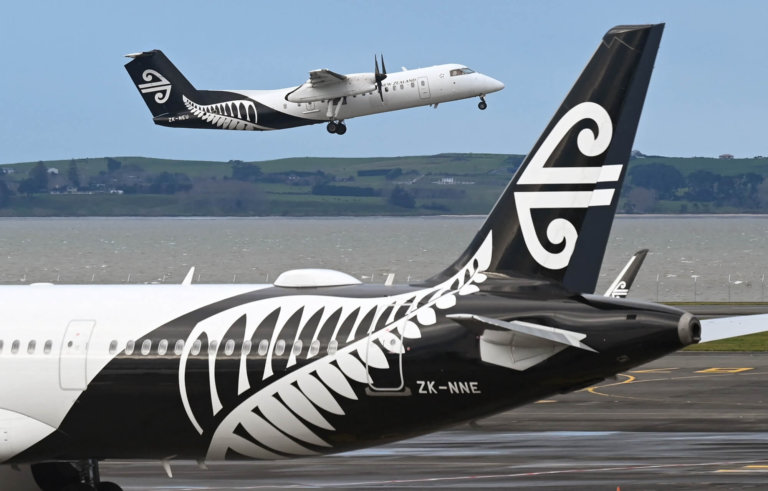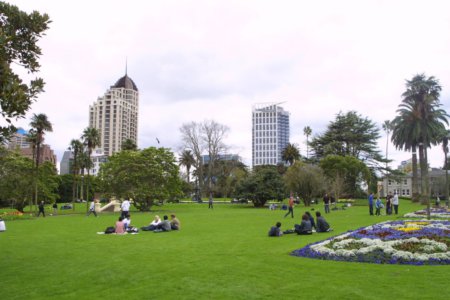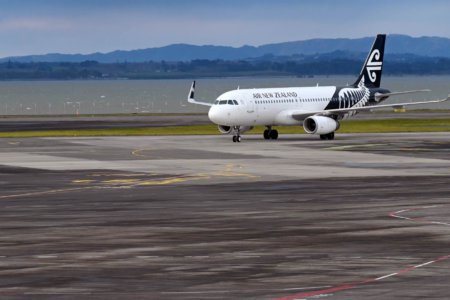
New Zealand and Australia are among the countries with the world’s strictest border rules, but will travel to New Zealand be possible as it moves towards phasing out its zero-COVID strategy?
Recent news of Auckland’s plans to lift its border restrictions, quarantine-free travel for low-risk countries and the previous announcement that 1,000 international students will return to New Zealand could turn the tide for foreign students locked out of the country after a prolonged international border shutdown. New Zealand has been unrelenting in closing its international borders after struggling with a COVID-19 Delta variant outbreak that began in Auckland since it was first detected in August this year, said Bloomberg.
New Zealand Prime Minister Jacinda Ardern announced on Thursday that Aucklanders would be able to travel in the summer, reversing strict lockdown measures in place since August 31. Travel to New Zealand isn’t possible for many international travellers at the time of writing, save for a few exceptions. If you’re an international student looking to return to New Zealand, here’s a summary of what we know so far:

Australia recently announced that international students would be able to travel to the country from December 1. Will New Zealand follow suit? Source: Marty Melville/AFP
Travel to New Zealand: 1,000 international students to return in 2022
From 2022, a total of 1,000 international students in tertiary education will be able to enter the country after the government announced a border class exception for 400 pilot trainees, 300 students at degree level and above, and 300 students at the sub-degree level. Only students nominated by education providers with their eligibility confirmed by Immigration New Zealand will be admitted for travel, according to the country’s Ministry of Education. The new exception applies to both new and returning students.
Allocation to admit eligible students will be determined by the Ministry, which is working with government agencies and international education bodies that include Universities New Zealand, Te Pūkenga, and private training enterprises (PTEs). Nominations are set to open in December 2021, with the first student arrivals anticipated to occur in March next year. The Ministry has also outlined steps for prospective students to ensure they are travel-ready once information becomes available by their education providers.
However, incoming students won’t be eligible to book a spot for the mandatory Managed isolation and quarantine (MIQ) in December 2021 and January 2022 after their visa applications have been approved. Slots in the next two months are reserved for Kiwi residents and citizens only. “An approved visa application does not guarantee a MIQ spot in a timely manner,” it said.
Universities in New Zealand are optimistic about international students’ return by mid-2022, with RNZ reporting that foreign enrolment figures remain “astonishingly high”. Conversely, secondary schools in the country are expected to be hit with the lowest point of international enrolments next year, further denting the 40 million New Zealand dollars revenue loss during the pandemic in the sector.
Only a limited number of international students allowed into the country so far
Earlier this year, the government approved an exception class permitting 1,000 undergraduate and postgraduate international students to re-enter the country to resume their studies, provided that they held a visa to study in New Zealand and were nominated by their education provider. The aim fell short; only less than 200 were reported to be successful due to lengthy application process, insufficient MIQ slots and confusion over eligibility. Prior to the January announcement, a separate category had been set up last year to admit 250 foreign PhD and postgraduate students.
On July 12, education minister Chris Hipkins was quoted saying that no significant changes were made on plans allowing international students to travel to New Zealand at The International Education Forum 2021 in Auckland. Hipkins has been openly supportive in assisting students’ return amid strict lockdown measures, even though no clear dates for entry in 2022 were provided other than the border class exceptions announced.
To date, non-citizens aged 17 and above eligible to enter New Zealand must be fully vaccinated with an approved COVID-19 vaccine, and have had the dose for at least 14 days before departure. They will need to present proof of vaccination issued from a government health authority or approval authority upon arrival, and proceed with a week-long MIQ.
Unless border restrictions change, the government has extended the suspension of visa processing for most individuals outside New Zealand until February 6, 2022. Only those not subjected to COVID-19 restrictions and those granted a border exception will be considered for visa processing by Immigration New Zealand.
For a majority of international students, travel to New Zealand still looks unlikely for now. A report by the Navitas Agent Perception Research echoes this prediction — agents remain unconvinced about international students’ prospects to return to New Zealand in early 2022.
Ardern is reported to have said that the country is projected to achieve a 90% vaccination rate by mid-December, allowing it to be “better prepared for looser restrictions” within its borders. Meanwhile, AAP states that a government spokesperson has said that a decision will be made in the next fortnight for international travels.










